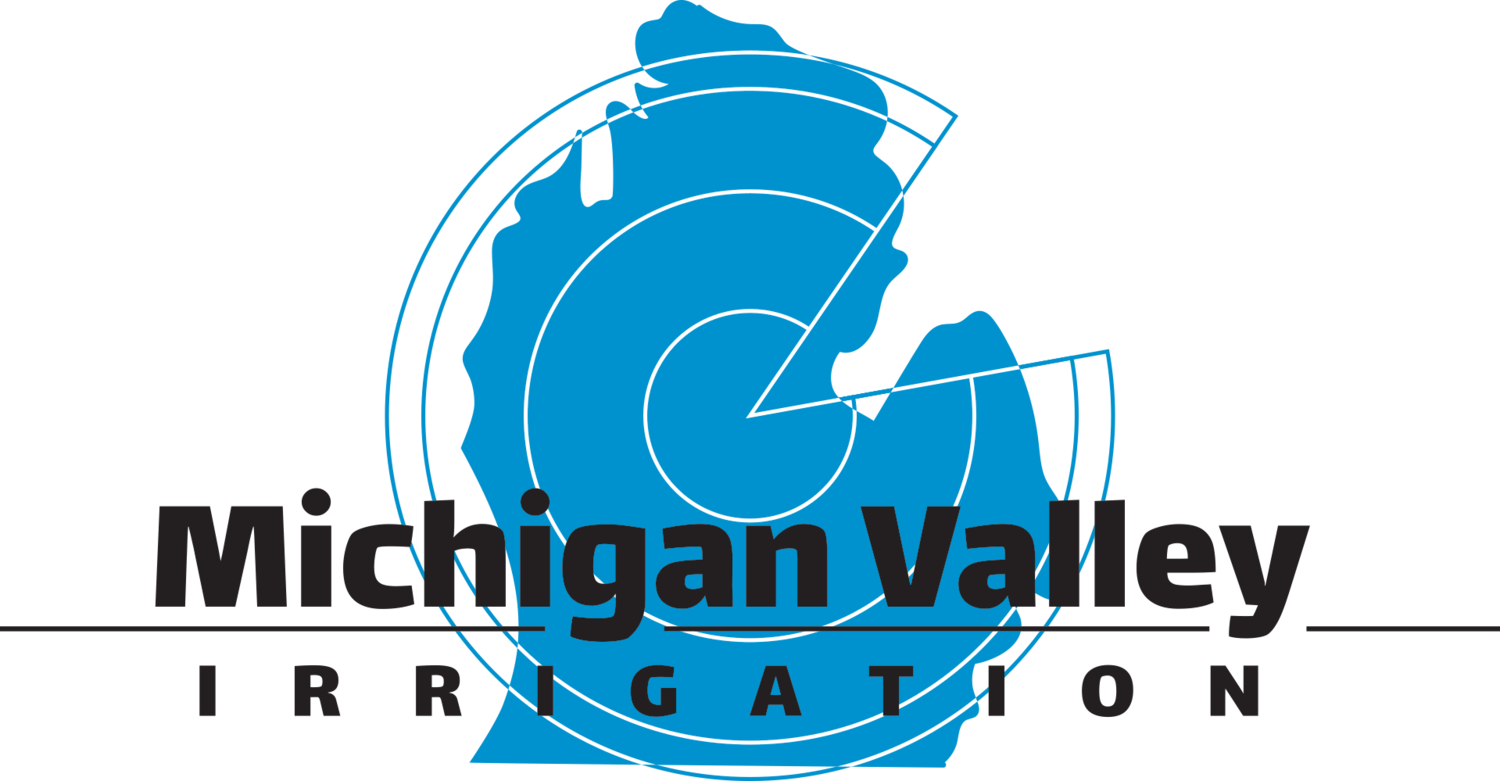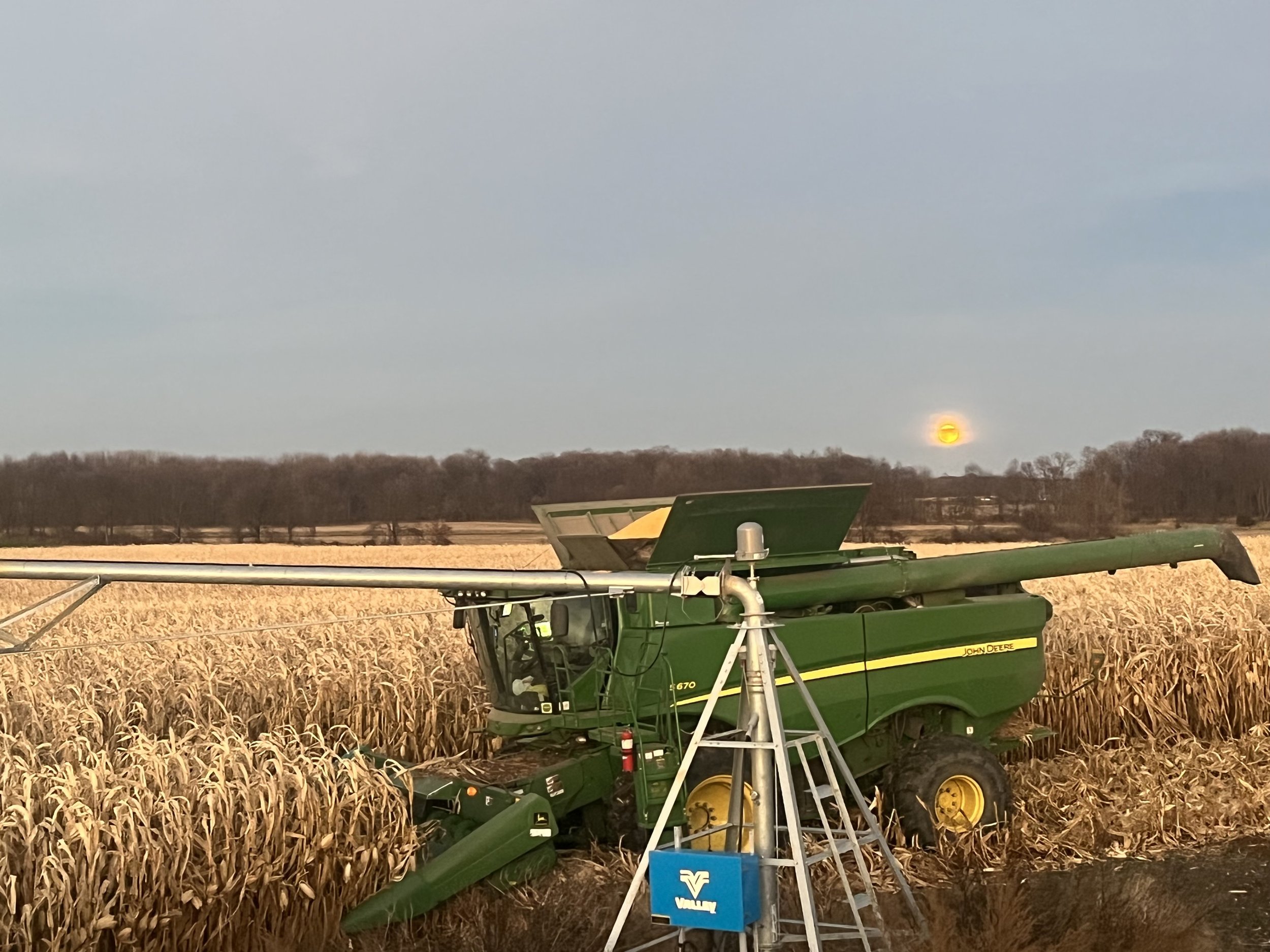Be a Better Crop Manager – Utilize Irrigation
As the planting season rolls on, do you feel confident you are in the best position to maximize your investment in crop inputs. There is no doubt that many farmers are struggling to stretch their input dollars and maximize yields. Fertilizer and other inputs such as seed, chemicals, fuel and equipment are clearly outpacing the market value of many crops in 2024. Are you utilizing tools like grid sampling and tissue sampling to maximize results and control costs by field or even multiple locations per field? I hope by now that you have heard the expression, control your controllables. If conditions are out of your control, it makes little sense to worry about those factors. Irrigation and drainage make water a controllable input. While not perfect, keeping your crops from oversaturation or drought can be significantly managed.
If you really have no better than a guess from historical averages how much and when you will receive moisture during the growing season, how can you plan and set yield targets. Without a target yield that is predictable, how can you determine plant populations, fertilizer applications and weed and fungicide applications. Are you feeding your crop for an average yield or an above average yield? Should you make a late season fungicide application without knowing if your target yield is still achievable? If you didn’t have a target yield you were feeding and managing for, that would be nearly impossible.
By installing irrigation, you can manage yield loss from drought stress. You not only have control over having enough water for the growing season, but also when it is available to your crop during the season. These two factors can have a significant impact on your final yield. The more acres you are farming the greater the risk. The larger your farm footprint the greater the potential for variation in soils and weather conditions.
While irrigation is an investment in your land and farming operation, so are crop inputs with no results. Last I checked they weren’t giving away land, tractors, harvesters, and other needed farm assets. Pivots in Michigan can last 40 years or more. They can add immediate value to your land and balance sheet. If you decide to sell or rent irrigated acres, they will be worth more. Investing in irrigation can also be a valuable part of your estate plan for the next generation. Pivots can also be equipped with injection pumps to apply, fertilizer and crop protectants, and add cameras for scouting, saving trips across the field during regular watering events.
Many of you have entered into market contracts to add predictability to your crops’ value at harvest. Some of you have also invested in on-farm storage to add some flexibility to selling dates that will be more attractive. It has also become common to own trucks and trailers to add further control over transportation expenses. Why would you leave out the ability to control water availability to your crops? Utilize irrigation to add control over watering your crops for decades. You will also add some peace of mind. A good irrigation system can be a valuable tool in managing your crops for greater productivity.
ABOUT THE AUTHOR
Pete is the marketing manager for Michigan Valley Irrigation, having joined the company in 2016. He was raised on a dairy farm in western New York and graduated from Cornell University with a B.S. in agricultural economics. His entire working career of over 37 years has been involved in agriculture. A farmer helping farmers. When away from Michigan Valley he operates, Joyful Noise Farm, a small livestock and produce farm and spends time with his family.






